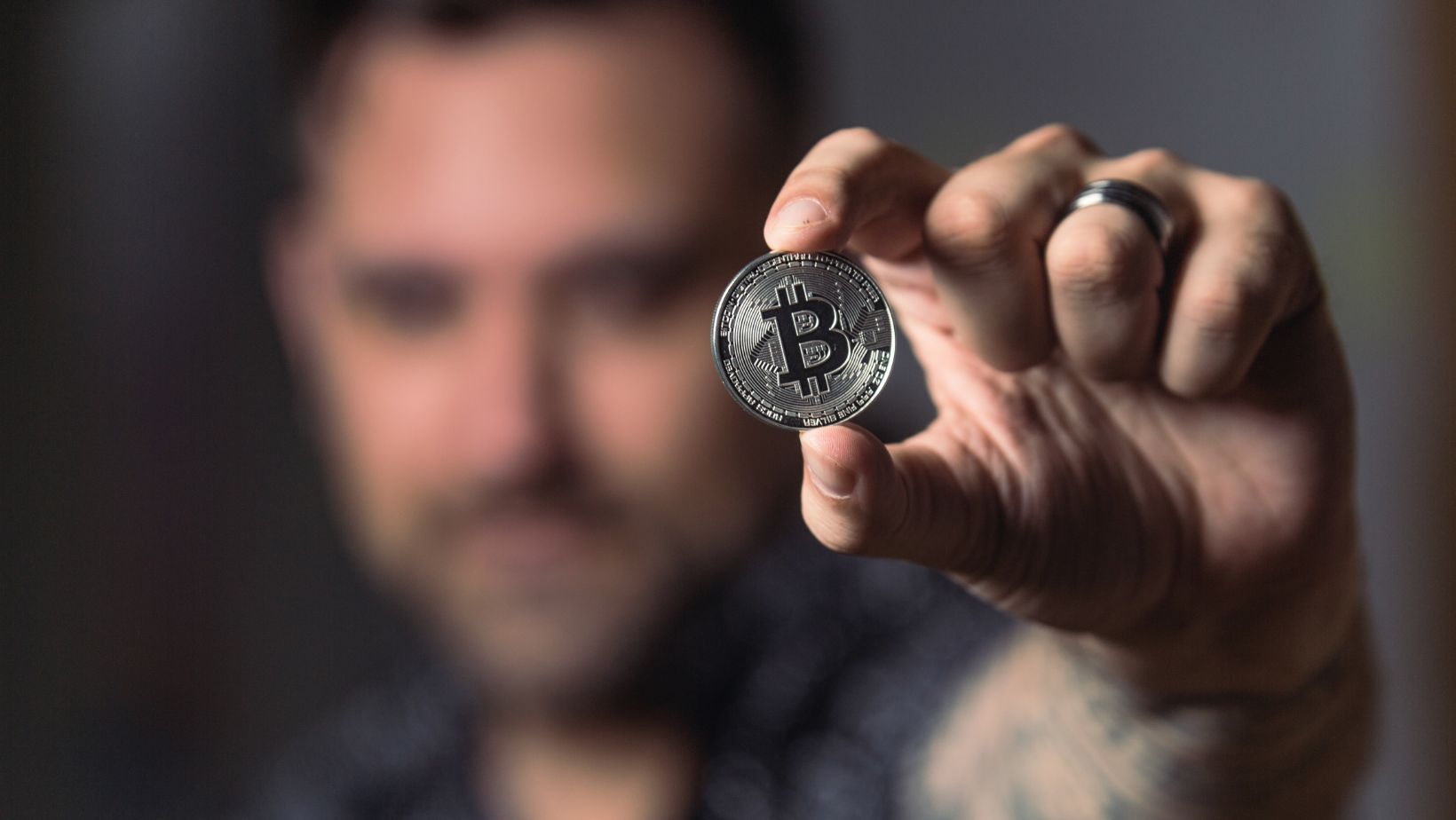Blockchain technology is a technological breakthrough that is slowly seeing applications in multiple disciplines. Previously known as a driving force in digital currencies. Blockchain’s innate features have allowed it to go out of its shell and see use in other fields, such as in healthcare, production, and even during elections. Knowing the applications of Blockchain outside of cryptocurrencies is something people should be aware of as much as they can convert XRP to USD at their liking.
Today, let us take a deeper dive into 10 applications of Blockchain outside digital currencies.
10 Blockchain Applications Outside of Cryptocurrencies
Blockchain gained popularity through its use in multiple cryptocurrencies. However, it is now being used in different practices that could benefit from its innate features. These sectors are modifying and customizing Blockchain features to suit their needs and further improve operations. To the surprise of no one, Blockchain has been used in healthcare operations as well as in elections. Here are 10 uses of Blockchain outside of virtual currencies.
1. Supply Chain Management
A common roadblock in supply chain management is proper documentation of the authenticity of products as well as the movement of goods. Blockchain improves the process by offering a decentralized ledger that documents every step in a product’s journey.
Example: IBM’s Food Trust blockchain tracks food products from farm to table. This system helps prevent food fraud, reduces waste, and enhances safety by allowing consumers and retailers to verify the origins of their products in real-time.
2. Healthcare
Medical records of patients are sensitive information that is one cyberattack away from leaking into the hands of malicious entities. Healthcare establishments worldwide are now employing Blockchain as a tool to combat these malicious threats and protect the information of patients worldwide.
Example: Estonia has implemented blockchain-based electronic health records (EHRs) to give patients control over their medical data while preventing tampering. This ensures that records are accurate and accessible across different healthcare providers.
3. Voting Systems
Elections are important decisions made by citizens of any given state. However, election systems are vulnerable to threats such as manipulation. Blockchain can create a transparent, tamper-proof voting system where every vote is verifiable and counted accurately.
Example: West Virginia experimented with blockchain-based voting for overseas military personnel, ensuring that votes were securely cast and recorded without risk of alteration.
4. Intellectual Property and Copyright Protection
Artists and creators struggle with fending off individuals who aim to earn money by using the labor of others. Blockchain allows these artists and creators to track these individuals and flag any copyright infringements in order to ensure that these artists are paid what they are due.
Example: Mycelia, founded by musician Imogen Heap, uses Blockchain to ensure artists are paid fairly through smart contracts that automate royalty payments when their music is streamed or purchased.
5. Real Estate Transactions
Buying and selling property is a notoriously paperwork-heavy and slow process. Blockchain simplifies real estate transactions by securely documenting property files to combat any malicious acts.
Example: Sweden’s land registry authority has tested Blockchain for property transactions to speed up the buying process and reduce fraud.
6. Identity Verification
Identity theft is a growing problem worldwide. Blockchain allows individuals to store their identity securely and share it only with trusted parties when needed.
Example: Microsoft’s Azure ID platform is developing decentralized identity solutions that let users control their digital identity without relying on centralized databases that are prone to breaches.
7. Charity and Donations
One major issue in charitable donations is ensuring that funds reach their intended recipients. Blockchain can create transparent donation tracking systems that prevent fraud and corruption.
Example: The World Food Programme’s “Building Blocks” project uses Blockchain to distribute food aid to Syrian refugees, ensuring that funds are used efficiently and reach the right people.
8. Energy Trading
Blockchain allows individuals to trade excess renewable energy directly with others without relying on big energy providers.
Example: The Brooklyn Microgrid project in New York enables residents to buy and sell excess solar energy using a blockchain-based system, creating a more localized and sustainable energy network.
9. Education
Fake degrees and academic fraud are a significant problem. Blockchain can store and verify academic credentials securely, making it easy for employers and institutions to confirm a candidate’s qualifications.
Example: The Massachusetts Institute of Technology (MIT) issues blockchain-based digital diplomas, ensuring that students’ credentials are tamper-proof and easily shareable.
10. Legal Contracts
Traditional legal contracts are expensive and time-consuming to enforce. Blockchain-based smart contracts execute agreements automatically when predefined conditions are met, reducing the need for intermediaries.
Example: The legal industry is experimenting with smart contracts for lease agreements and business transactions to ensure all parties fulfill their obligations without costly legal disputes.
Conclusion
Blockchain technology is no longer typecasted along with cryptocurrencies. As proof of its superb set of features, multiple industries are starting to incorporate it into their daily operations. From healthcare to real estate, Blockchain technology has gone out of its shell and has improved the process of multiple sectors. Expect to see wider adoption of Blockchain in the near future as more industries implement it into their operations.



